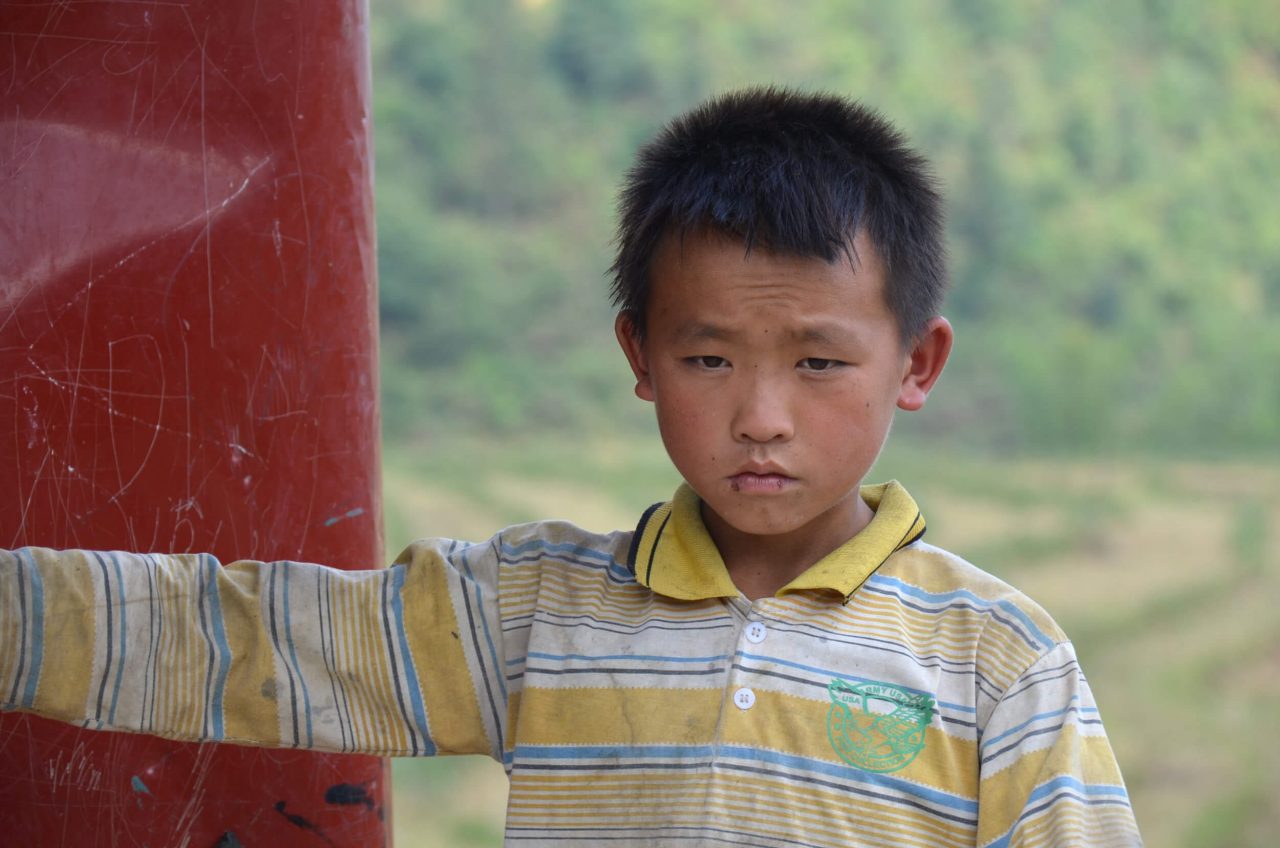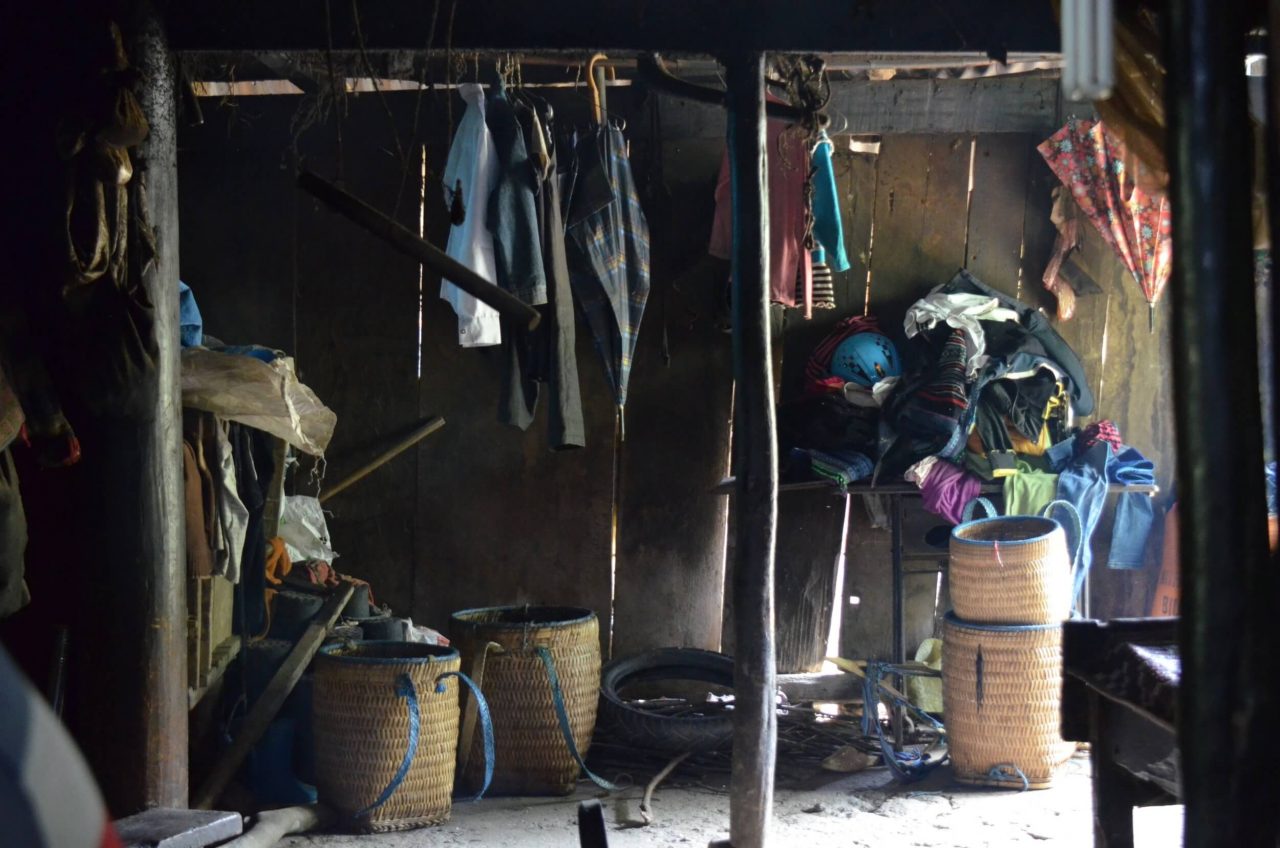I wrote these words in the beginning of April 2020.
I am thinking of students who will change school this year.
I am thinking of children from international schools who live in a constant change without geographical boundaries (nearly 25% of students are subject to annual fluctuation), about children from the last grades of each school, and about students who came to part with friends without the meaning “see you!”
Does your child yearn to ride a bus (which he never liked), to walk in the rain, to the school canteen and even to a teacher who has never talked about well?
And so it is. It’s all true. His world, his sense of belonging and security collapsed. The known went away without saying goodbye.
Change is a process whose important element is closing one chapter before opening the next.
Meanwhile, everything happened here suddenly. Not only without preparation, but also in an atmosphere of growing fear and uncertainty. What’s worse, the fear that children may not see some friends anymore, is sometimes surrounded by adults in silence, like the departure of a loved one about whom no one dares to speak out loud.
The tragedy of children is that adults are hoping that children … will not notice or swallow it themselves.
Meanwhile, the success of the adaptation process in a new environment or among new people depends largely on whether the previous stage has been closed. Whether and how the person said goodbye to the previous place, to the previous community. In the case of children, it’s about friends, teachers, rituals such as talking in the cloakroom, chips in a greengrocer or Mac Donald along the way, doing nothing together, running after the bus or training together …
For many children, parting with their peers without completing the process is a real drama. Especially for teenagers for whom the school group, friendships and group processes are the whole world: an emotional training ground, relationship training, a source of information about themselves and their impact on the world. A peer group is an extremely important space in shaping their identity.
Today, children are affected as much, if not more by reason of their natural immaturity – than adults who lost their jobs during social isolation.
Therefore, do not be afraid to talk to children about what is difficult, about what you don’t have a great answer to. Because these are very difficult conversations for a parent who does not want to see a child suffer.
Don’t let this unspeakable sadness close up and turn it into instagram jokes. Let it sound.
Help your child express fears and feelings, reminisce and appreciate the past, express mourning for … the future of certain relationships.
Suggest words to name regret and disappointment. Let children make other forms of contact and say goodbye to friends, knowing that in this way I help a child grow up.



